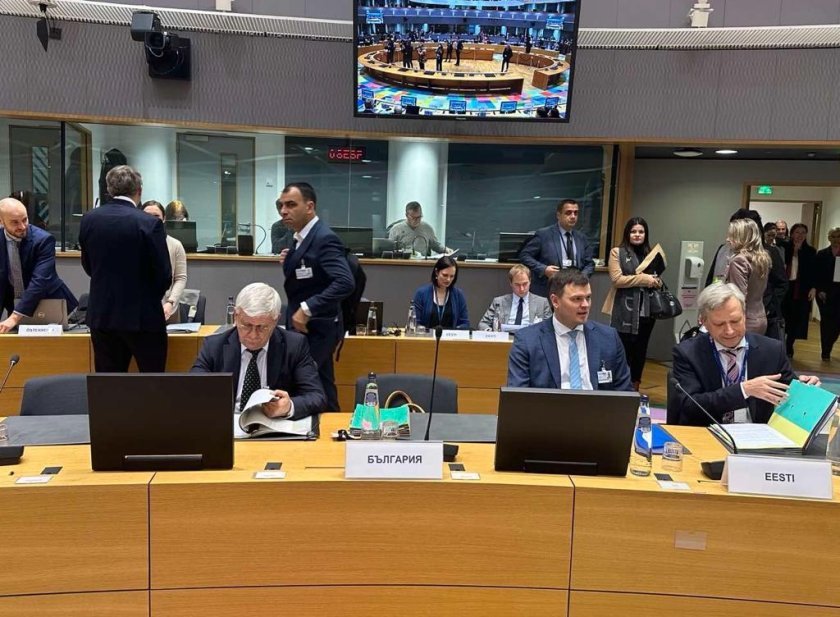Bulgaria abstains from voting on new European rules for genomic techniques in agriculture

New European rules on genomic techniques in agriculture were discussed on January 11 by the relevant European ministers. Bulgaria voted "abstain", Minister of Agriculture, Kiril Vatev, said in Brussels. He has explained that the new genomic techniques are the future, but so far half of the EU countries are against them.
At a government meeting last week, the country decided to support the proposed new genomic techniques. After a strong reaction from environmental and farming organisations, Bulgaria's position changed to "abstain". Before leaving for Brussels, Minister Vatev said on his Facebook page that Bulgaria is a leader in genetics and it is ignorant not to distinguish between GMOs and gene editing. Gene edittting is proposed in the EU.
According to Vatev, in GMOs, there is an introduction of a gene external to the organism, while in gene editing only their own genes are rearranged to prevent diseases and harmful effects on plants. Today, in Brussels, he supported the new genomic techniques in front of the media.
"Science is always ahead of public perception of these new genomic techniques. Unfortunately in our country these techniques are perceived as genetically modified organisms (GMOs). GMOs have long been obsolete, while the new genomic techniques are doing wonders," said Kiril Vatev, Minister of Agriculture and Food.
Scientists and environmentalists in the country, however, continue to insist that Bulgaria should not allow new genomic techniques on its territory. And while there is a difference, gene editing is not entirely harmless either.
"There is a difference. In GMOs, genes can be transferred from animal to plant, from pig to human, whereas in gene editing you can cut a gene from the same species - for example from soft wheat to hard wheat, but it's from the same species. These new genomic techniques are just as dangerous as GM organisms and the European court has also ruled that the so-called new genomic techniques are GMOs," explained Dr. Eng. Svetla Nikolova, Committee on GMO, at the Ministry of Environment and Waters.
The proposal to introduce the new genomic techniques in the EU was not adopted today. Half of the EU countries are against. The next vote is in mid-January next year, when the Environment Council will meet.
Get the latest news wherever you are!
Follow us on
Facebook
and
Instagram
Follow BNT’s YouTube channel
You can now also watch us on
TikTok
Find us on
Google News























